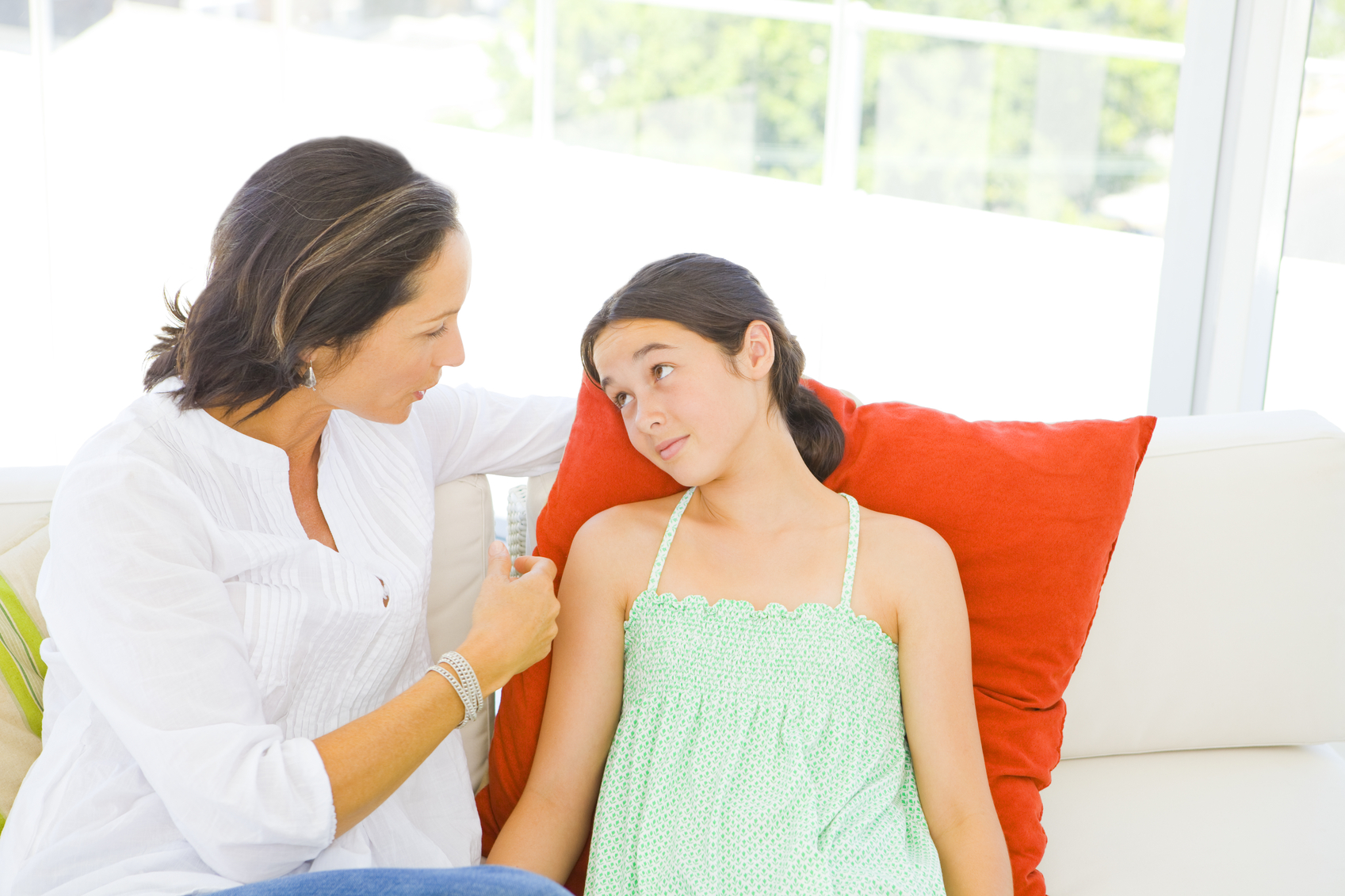July 17-19, 2024, NECC (Shanghai), China
Sex Education for Kids: An Age-by-Stage Guide
2016-08-22One of the trickiest situations as a parent involves teaching your child about the birds and the bees. Sex education is necessary – and especially so in these modern times of sexually-transmitted diseases and other such issues – but most parents will acknowledge that how to teach, and when to begin, is the biggest ‘headache’. When this topic should first be introduced might actually surprise you.
“Discussions about the birds and the bees may start from the time a child is a toddler,” says Karin Goh, Child & Clinical Psychologist, The Center for Psychology. “Often times, vague explanations may suffice with toddlers and preschoolers. This may begin with a simple lesson of the anatomy, which can then be used as a guide to answer questions about where babies come from. Parents may use charts or picture books to explain these to their young ones. Likewise may be done with older, school-age children.”

Start ‘Em Young
Exposing your children to the idea of sex and sexuality at a very young age has its benefits. For example, in the Netherlands, ‘Spring Fever’ week in schools focuses on sex ed classes for kids as young as four. The approach is known as “comprehensive sex education” and it is about having open, honest conversations about love and relationships.
This approach has received international attention because the country has, in fact, some of the best stats on teenagers’ sexual health. For example, Dutch teens have sex at a later age, compared to those in the US or other European countries. Their teen pregnancy rates are among the lowest in the world, and a study found that nine out of 10 Dutch teens used contraceptives the first time they had sex.
There are resources readily available in the market to teach your child as young as four about the birds and the bees. But the decision as to when to educate your child about sex rests with you.
“There is no particular right or wrong age to teach a child about sexual organs and sex,” says Ms Goh. “Often times, children will ask and that curiosity in itself is a good time to begin sex education. These discussions need to be age-appropriate (at the level a child can understand), logical, taken seriously and spoken about respectfully. This ensures that children develop a healthy sense of their sexuality as adults.”

Let’s Be Adults
Most importantly, deal with it in an adult manner. “When a child first asks, parents should not shy away from the subject, laugh or humiliate a child for asking,” Ms Goh explains. “Instead, parents can check with their children about what they already know and correct any misconceptions respectfully.”
Also, don’t think that your kids will be emotionally traumatised if they know too much about sex at an early age.
“As long as the information is age-appropriate and pegged to the needs and readiness of the child, there is no issue of ‘traumatising’ the child,” says Dr Calvin Fones, Psychiatrist, Gleneagles Hospital Singapore. “Individual kids should be gauged as to their readiness to receive the information, ideally by parents or those who know the child well.”
Children who learn the facts about sex at an early age benefit in the future, says Dr Fones: “Good sex education cultivates healthy attitudes to sexuality and allows kids to grow up comfortable with an important, satisfying and beautiful part of life.”(See also: Shake That Little Booty!)
Dr Fones has some helpful hints for parents:
The Right Words for the Right Age
Dr Martha Lee, Clinical Sexologist and Sexuality Educator, Eros Coaching, gives a lowdown of what you should tell your child at various ages.

Ages 0 to 2 years
Ages 3 to 6 years

Ages 7 to 9 years
Ages 10 to 11 years

Ages 12 to 14 years
Ages 14 to 17 years
Resource: Motherhood




 沪公网安备 31010102004693号
沪公网安备 31010102004693号